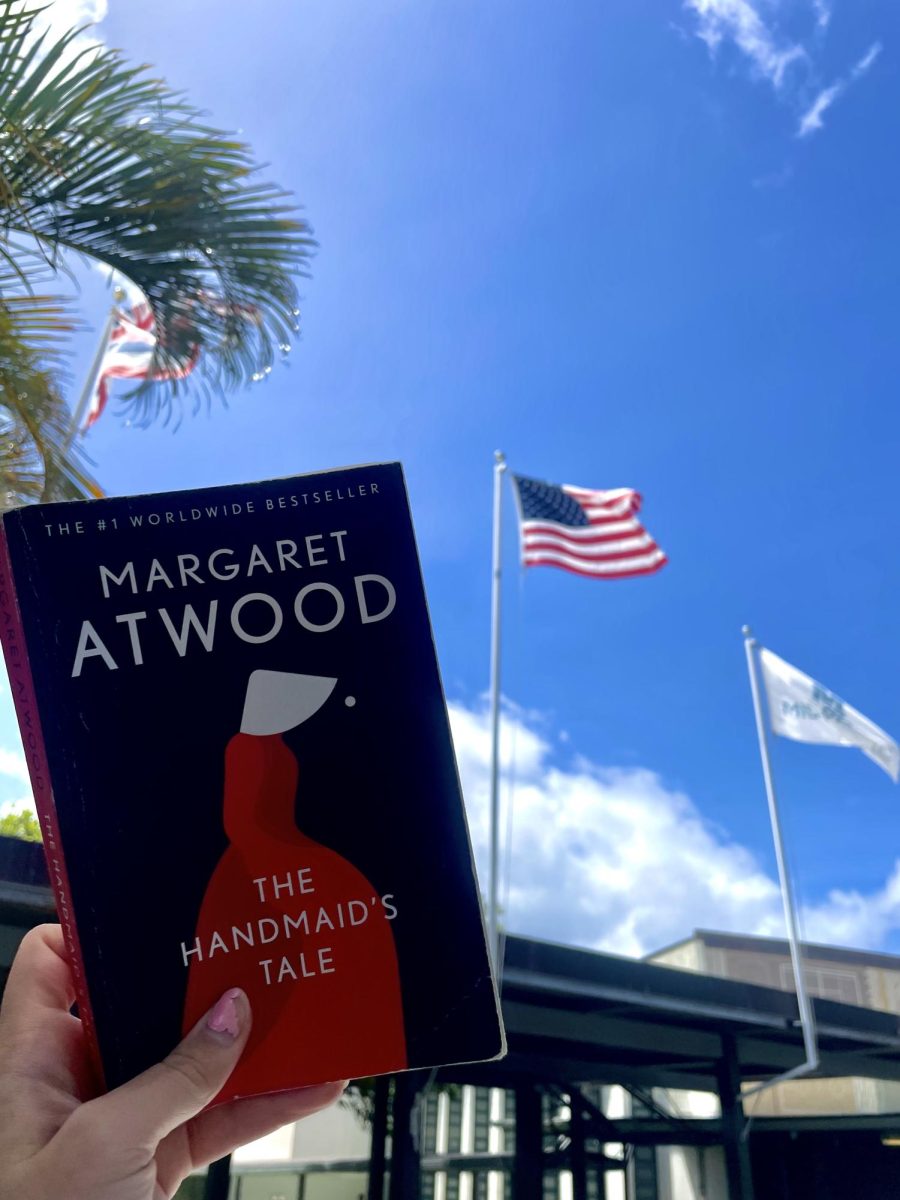Consumerism, the societal belief that purchasing products will enhance well-being, has been around for centuries. However, in recent years, the use of social media platforms has been a significant factor for the rise of consumer culture.
Social media has supercharged addictive consumer behavior, which can cause people to buy continuously no matter how much money is spent. On the other hand, consumerism can also create groups and bring people together. So, is it a community connector or a harmful addiction?
Blind boxes, Dubai Chocolate, and other consumer trends have been flooding schools. For example, many figurines like Labubus have been connected to people’s phones and backpacks. The majority of these hundred-dollar buys are based solely on social media trends, like unboxing videos, where people open their blind boxes to see which toy they got.
While many students seem to enjoy participating in these shared trends, some students resist the pressure to conform.
“People should be able to express themselves for what they actually like and not lie about it to follow a trend,” said sophomore Student Council member Kaileah Pagtulingan. “People should be their own person rather than copying a false image of something online just to seem better.”
Conformity is a sociological construct that many people, especially young adults, are affected by. Conformity can cause people to lose their individuality and become more self-conscious. It also leads to people feeling that they need to have what others have, which leads to buying more items.
Consumerism not only affects society, but also the individual minds of people. Consumer culture takes advantage of our brain chemistry, giving us an extra hit of dopamine when we buy the fun product we want, and which makes us continually want to try to become a “better” version of ourselves.
Buying goods can act in the same way as substance addiction, but with less intensity. A shopping addiction can lead to mental health issues like anxiety and depression, akin to other addictions. No addiction is healthy, especially one revolving around shopping, and it can cause various problems in the future.
“[Buyers] then need to go out and find more stimulation, find more stuff to bring that dopamine again, and it becomes a cycle. It's addictive,” states IB psychology teacher Henry Hail.
The consumer mindset is similar to brainwashing, as it influences people to buy mass-produced goods because others are doing so. When people buy products, they are also chasing the status associated with those goods.
“It’s a ripple effect,” says math teacher and Finance Club advisor Roy Evans. “Well, it becomes more of a look-at-me type of thing, like a status symbol.”
The rush to acquire shiny new toys can become a popularity contest, and can feed people’s anxiety about social status.
However, there are beneficial sides to consumerism, such as a connection to communities. Buying mass-produced products tied to a specific fandom can make the purchaser feel more connected to their community.
If a student is a frequent buyer of Funko Pops, but only buys them when they are based on their favorite TV shows or movies, they can feel more connected to their interests.
Consumerism isn’t inherently dangerous, but it is not great either. It can cause addiction, anxiety, depression, false images, and other negative consequences. Spending savings on one-use items and chasing an unrealistic image is unhealthy and can have profound implications on the human condition.
“Companies are constantly thinking about how to make you feel unsatisfied,” said Mr. Hail.








